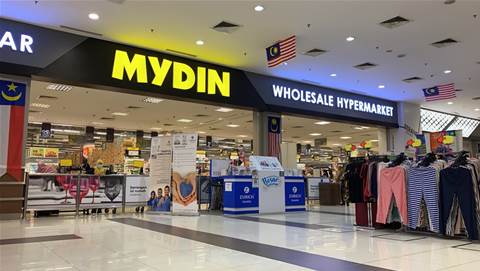Electronics worth a year-high US$74 million (S$99.17 million) such as solar panels and microchips mostly from Malaysia and Vietnam, were denied entry in the United States in September or were checked for components from forced labour in China, official data show.
Since their introduction in June 2022, tighter US rules on tackling human rights violations in China's Xinjiang region, home to the largely Muslim Uyghur minority, have led to controls on over 6,000 shipments carrying goods worth more than US$2 billion through September, the latest month for which US customs data are available.
Nearly half of them were rejected or were still pending approval, according to the data which were updated earlier in November.
In September alone, US$82 million worth of shipments were either refused or were held for checks - 90 percent of which were electronics - a jump from less than US$20 million in August.
The US customs authority had no immediate comment.
Over two-thirds of rejected or held cargoes came from Malaysia or Vietnam, which are major exporters to the United States of solar panels and semiconductors. Vietnam is also a top supplier of textiles, footwear and apparel.
Xinjiang is a major producer of cotton and polysilicon, which is used in photovoltaic panels and semiconductors.
Malaysia and Vietnam have had cargoes worth about US$320 million each denied or held for checks since the new rules came into force, nearly three times more than China's.
Despite being a tiny portion of trade with Washington - the export of semiconductors from the two countries combined was worth over US$730 million in August alone.
It is unclear whether companies are holding off shipments over compliance headaches.
Malaysia's trade ministry and Vietnam's industry ministry did not reply to requests for comment.
Industry and government experts in both countries said they were either not aware of the issue or they had not heard any concerns.
Washington has accused China of genocide against the Uyghurs, with rights groups denouncing the widespread use of internment camps and forced labour. China has denied all accusations of abuse.
Since the introduction of the US Uyghur Forced Labor Protection Act (UFLPA), exporters must demonstrate their products do not include any raw material or component from Xinjiang.










